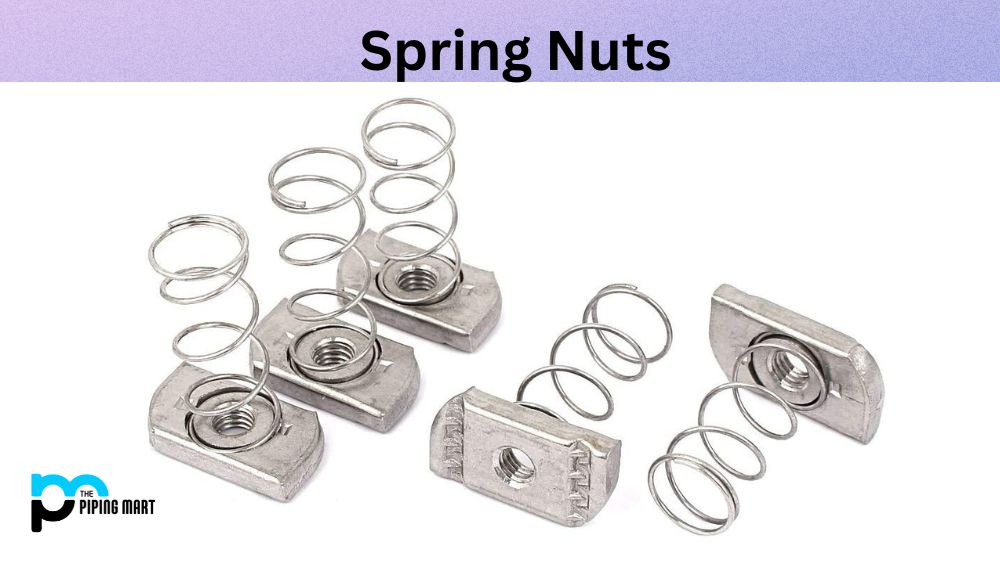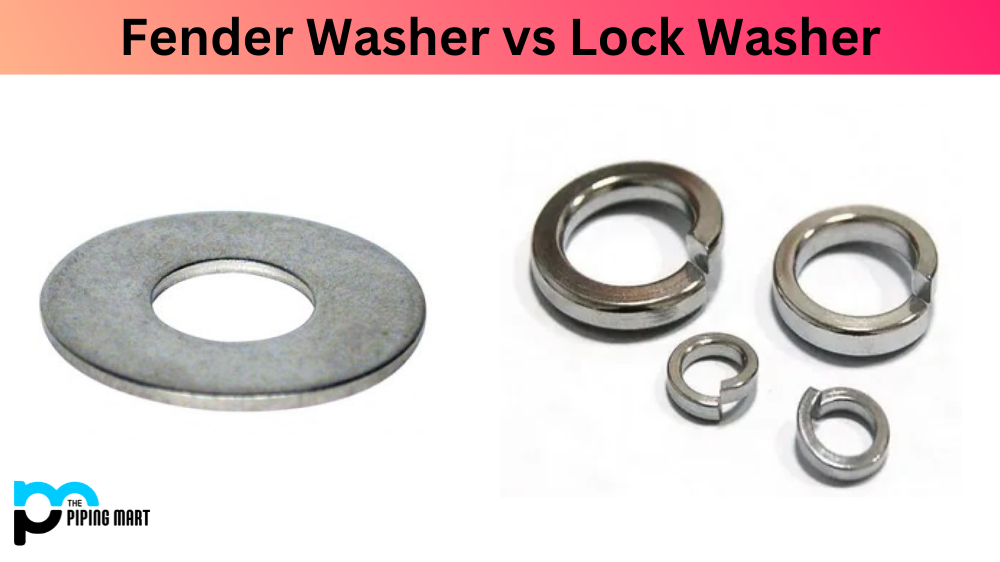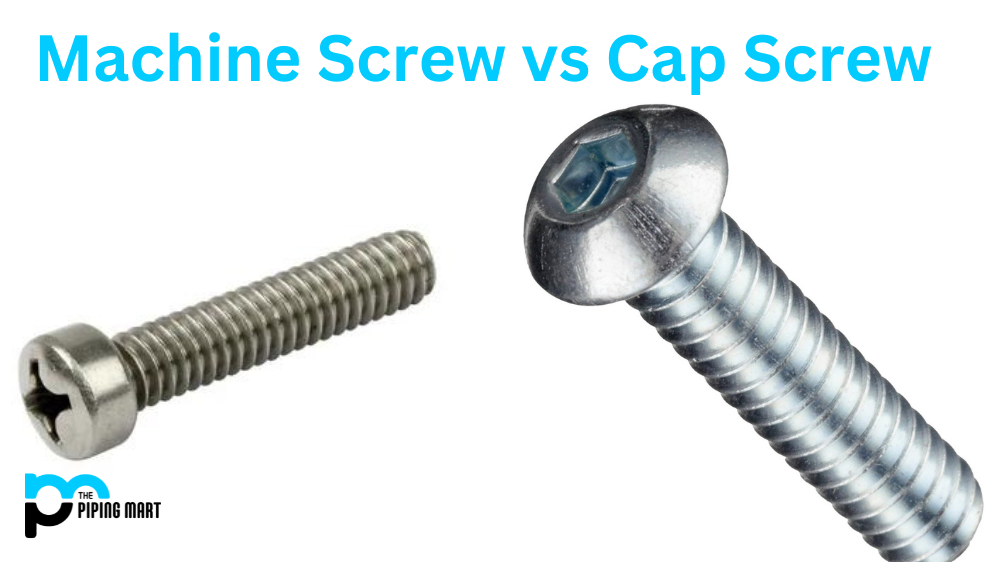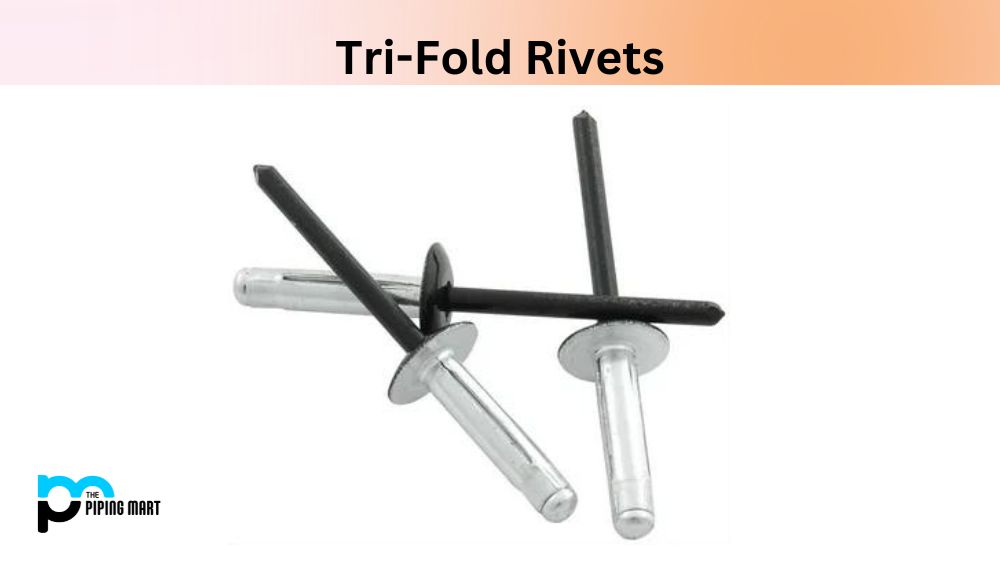Spring nuts are small yet incredibly useful components commonly used in assemblies and installations. They are made of spring steel, giving them the flexibility and resilience to hold bolts and screws securely in place. Spring nuts come in various shapes and sizes, making them ideal for countless applications. However, they have distinct advantages and disadvantages like any other mechanical component. In this blog, we will examine the benefits and drawbacks of using spring nuts in your projects.
What is Spring Nut?
Spring Nut is a type of fastener typically used in items that require shock absorption. It has a conical shape and is secured by twisting a threaded nut into the female part. Due to its flexibility, it’s often used in engine mountings, air cleaners, exhaust manifolds, and other automotive applications.
Advantages of Spring Nuts
Easy Installation: One of the biggest benefits of using spring nuts is that they are easy to install. They can be inserted into a pre-drilled hole and tightened with a standard wrench or pliers. Unlike other locking mechanisms, spring nuts do not require any special tools or training to install.
Secure Fastening: Spring nuts provide a secure and reliable method of fastening bolts and screws. The spring tension in the nut keeps the fastener in place and prevents it from vibrating loose. This makes spring nuts ideal for use in applications where vibration is a concern, such as machinery and equipment.
Cost-Effective: Spring nuts are relatively inexpensive and can be purchased in bulk at a reasonable price. This makes them a cost-effective alternative to other locking mechanisms, such as lock nuts and thread lockers.
Disadvantages of Spring Nuts
Limited Reusability: Spring nuts are not reusable and must be replaced each time they are removed. This can disadvantage applications requiring maintenance, as replacing spring nuts can increase downtime and maintenance costs.
Vulnerable to Corrosion: Spring nuts are prone to corrosion, especially when exposed to harsh environments. This can compromise their ability to securely hold fasteners, reducing their effectiveness and lifespan.
Limited Load Capacity: Spring nuts have a limited load capacity compared to other fastening methods. They may not be suitable for applications requiring high clamping force levels or for use with heavy-duty fasteners.
Conclusion:
Spring nuts are a useful and cost-effective solution for many applications. Like any other component, they have their own unique set of advantages and disadvantages. While they offer easy installation, secure fastening, and affordability, their limited reusability, vulnerability to corrosion, and limited load capacity should also be considered when selecting fastening solutions. By carefully weighing the pros and cons, you can make an informed decision about whether or not spring nuts are the right choice for your project.

Abhishek is a seasoned blogger and industry expert, sharing his insights and knowledge on various topics. With his research, Abhishek offers valuable insights and tips for professionals and enthusiasts. Follow him for expert advice on the latest trends and developments in the metal industry.




